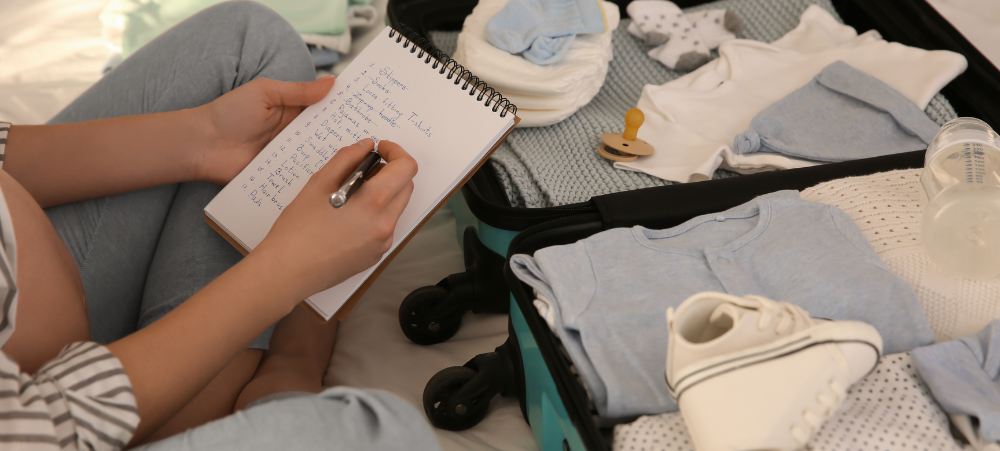Honesty is the best policy, even when it comes to filling out your medical aid application forms. The consequences of non-disclosure can be devastating, from the costly repayment of claims to having your membership terminated.
Non-disclosure in terms of medical aid means that the member has not disclosed all the medical information when applying for membership. Regardless of whether it was intentional or not, a medical scheme has risk management mechanisms in place for detecting non-closure and, if discovered, the member will be penalised in some form.
‘In fact, non-disclosure falls under the general umbrella of Fraud, Waste and Abuse (FWA),’ explains Lee Callakoppen, Principal Officer of Bonitas Medical Fund. ‘Fraud’, in the medical scheme industry, is collectively used to describe deception, false statements or false representation resulting in an undue benefit. Non-disclosure is considered fraud and is viewed so seriously by the Legislature that it provides for termination of membership and it declared such behaviour, when coupled with the submission of claims against a medical scheme, as a criminal offence.
‘Abuse’ is more likely to be unnecessary costs to the medical aid where the most cost-effective treatment was not followed or where the medical aid scheme was charged for procedures which were not necessary. While ‘waste’ refers to the overuse of healthcare services and incorrect billing.
The consequences of non-disclosure
‘It is essential to fully disclose your medical health when taking out life insurance, disability insurance, income protection and of course medical aid’, says Callakoppen. ‘Every dishonest act has a price tag attached to it, so it’s best to just be honest. Even the smallest act of dishonesty, whether intentional or not, can have devastating consequences for patients, their families and their doctors. No matter how long ago the healthcare issue may occurred, or how insignificant you think it is, rather play it safe and disclose all the information you can.’
Even though your medical aid might pay out initially, they will soon discover whether there was non-disclosure involved, at which stage you will be required to pay back all the claims you received. Medical practitioners and facilities are also able to claim against you personally. It can amount to hundreds of thousands of Rands.
What you need to disclose:
It’s essential to disclose ALL your medical health details in the application form including medical history, treatment and any medication you or your dependents are taking.
What will happen if you don’t disclose all medical information on the application form?
The medical scheme may end your membership immediately and/or reverse all claims they’ve paid.
If you disclose the condition the medical scheme provider may impose waiting periods. This is to ensure that the best interests of members already on the scheme are protected as required by the relevant legislation.
How do you avoid non-disclosure?
Be honest and disclose all information. Don’t forget to read the questionnaire carefully and regardless of whether you think it’s important or not, or whether the medical condition was years previously, include it in your application. Callakoppen says, ‘Go into more detail than you think is necessary.’
‘Most of our non-disclosures involve pregnancy,’ says Callakoppen. ‘Some women find out they are pregnant and realise the cost implications, so try and join a medical aid without admitting they are pregnant. It is impossible to hide this from the medical aid and once it has been established a Condition Specific Waiting Period is applied’.
He warns that even though the medical aid might pay out initially, when they realise the error they will require re-payment. ‘This is why we urge members to plan ahead. If you are thinking of starting a family, join a medical aid beforehand to ensure the pregnancy and birth are covered.’ Other general non-disclosures include conditions such as endometriosis, cervical dysplasia, tonsillitis, diabetes etc.
Callakoppen says, ‘it is just not worth it not to disclose all previous conditions and illnesses.
‘If you are uncertain whether a condition or treatment is relevant, rather err on the side of caution and provide too much information,’ advises Callakoppen. ‘Or phone your broker or the call centre to ensure that your information provided at application cannot be disputed at a later stage’.
For 2025 we have a renewed Female Health Programme:In collaboration with CareWorks, it’s accessible to all female members aged 18 and above, with an emphasis on preventative care and early detection of female-specific health issues. In addition, we have an enhanced Maternity Programme to support expecting mothers. This includes early identification of and weekly engagement for high-risk pregnancies, post-childbirth care and associated mental health follow-up calls for new mums, given the prevalence of pre and postnatal depression. Also, milestone reminders for children under 3 and cover for antenatal vitamins through savings, day-to-day benefits or the Benefit Booster
Bonitas Medical Fund
0860 002 108
View Website: www.bonitas.co.za
- The role of medical aids in the long game of HIV eradication in SA - November 28, 2025
- The First Signs of Labour - November 28, 2025
- Premature birth – what to expect - November 21, 2025





